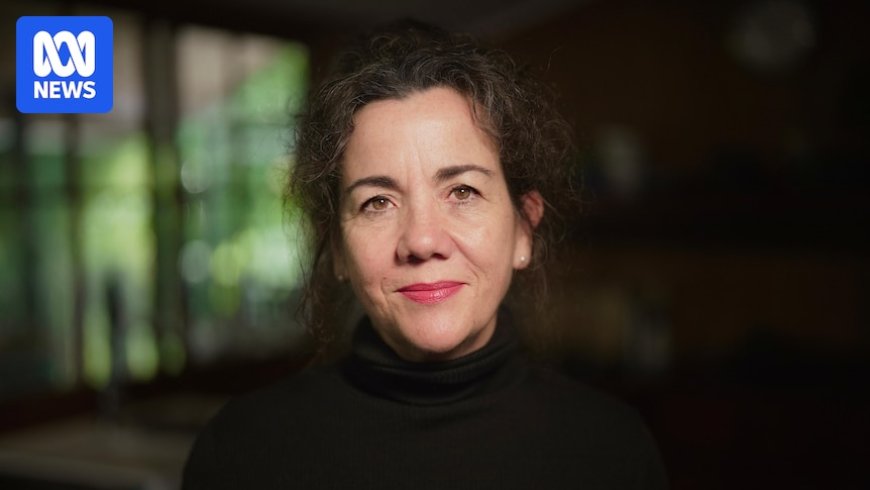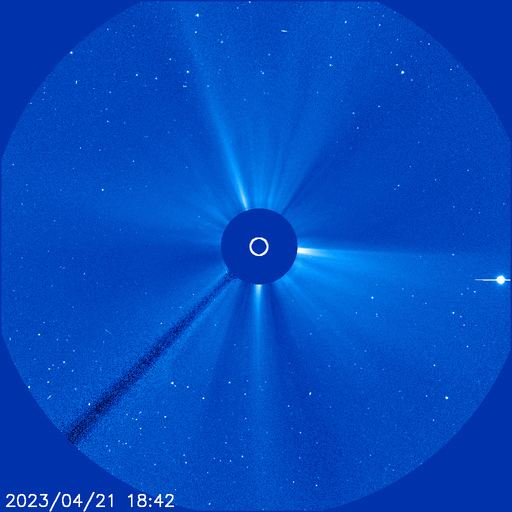Australia Starts Lung Cancer Screening Program: Should Eligibility Expand?
Australia has launched a new lung cancer screening program to detect the disease early. The program aims to save lives by targeting heavy smokers aged 50-70. However, with cases like Nicole Ives, a non-smoker diagnosed with lung cancer, questions arise about expanding eligibility criteria. The program includes a large trial involving different groups, including Indigenous Australians and non-smokers, to assess its effectiveness.

Nicole Ives was about to leave hospital after surgery to remove her infected appendix when medics made a chance discovery that would save her life. An abdominal scan in October 2021 picked up a lump in her right lung. 'And there was a high probability that it was lung cancer,' Ms Ives said. The timing was both devastating and lucky. Just seven months earlier, the Queenslander had lost her much-loved husband Michael to 'horrific' oesophageal cancer, leaving their three teenage children bereft. Another cancer diagnosis was too much. 'I was very averse to even saying the word cancer to anyone in my family, especially my children,' she said.
While she was exposed to a lot of cigarette smoke in the 1970s and '80s, as an avowed non-smoker herself, the type of cancer was also a shock. 'Because they health authorities did such a great job educating us about lung cancer and smoking, for someone like me, who never smoked, I probably wouldn't have thought myself vulnerable in any way,' the 57-year-old said. But the early diagnosis was also a blessing. Her medical team monitored the mass until changes were spotted on scans last year, prompting her surgeon to remove a wedge of lung containing the tumour. 'It just blows my mind that I had that surgery and with clear margins, and that I haven't had to go through chemotherapy or anything else,' the primary school teacher said.
Ms Ives had no symptoms when the scan first detected her early-stage cancer. 'I had no idea that it was there,' she said. Thoracic physician Dr Kwun Fong said lung cancer is the number one cause of cancer deaths in Australia and worldwide. Around 9,000 Australians die from the disease each year. 'The reason why it's got such a poor outcome is because when we detect it, usually it's at a very late stage where cure is no longer possible and that's because the lungs are an internal organ,' Dr Fong said.
Dr Fong has been conducting lung cancer screening trials for the past decade. 'By the time we get symptoms, the cancer might be well advanced.' The lung cancer researcher said smoking is the biggest risk factor for the disease, but other contributors include air pollution, diesel fumes, asbestos exposure, and a genetic predisposition. 'In women who've developed lung cancer, about a third of women do not have a history of smoking,' Dr Fong said. One in 10 men diagnosed with lung cancer are non-smokers, according to the Lung Foundation Australia.
For the past decade, the specialist, based at The Prince Charles Hospital in Brisbane, has been conducting trials to assess the value of screening certain groups of people for lung cancer. The latest phase will include 3,000 participants from across Australia in three different arms: never or light smokers, Aboriginal and Torres Strait Islander people, and current or former smokers. Those who qualify for the trial will have a low-dose chest CT scan to check for early signs of lung cancer.
Dr Fong said the research aims to discover evidence that can help 'tweak and improve' the newly launched National Lung Cancer Screening Program for heavy current or former smokers aged between 50 and 70 years old. It's estimated the targeted program will save 12,000 lives over the next decade. But not everyone is eligible, and Dr Fong said his latest trial aims to 'advance the knowledge by finding out who else will benefit from checks'.
A spokesperson for the federal Department of Health said the National Lung Cancer Screening Program (NLCSP) is 'underpinned by strong clinical evidence'. 'Individuals who believe they may be at risk of lung cancer or have concerns about their lung health, should not wait for screening and are strongly encouraged to consult their healthcare provider.' These days Nicole Ives is focused on her 'strong' and 'pragmatic' children, her kayaking trips, and lifelong love of art. She's 'overwhelmed' by the standard of health care she received and doesn't dwell on her lung cancer, a life perspective she shared with Michael.
Details of the Australian Lung Screen Trial can be found here.
What's Your Reaction?
 Like
0
Like
0
 Dislike
0
Dislike
0
 Love
0
Love
0
 Funny
0
Funny
0
 Angry
0
Angry
0
 Sad
0
Sad
0
 Wow
0
Wow
0



























































































































































